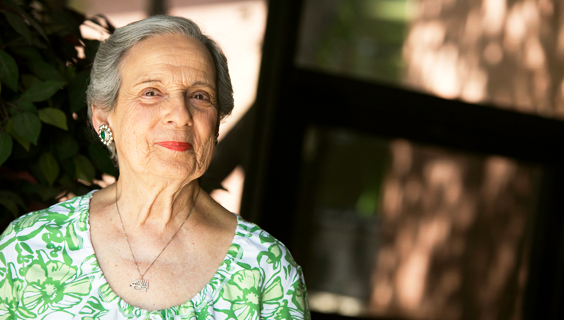
Your skin changes with age. It becomes thinner, loses fat, and no longer looks as plump and smooth as it once did. Your veins and bones can be seen more easily. Scratches, cuts, or bumps can take longer to heal. Years of suntanning or being out in the sunlight for a long time may lead to wrinkles, dryness, age spots, and even cancer. But there are things you can do to protect your skin and to make it feel and look better.
Dry skin and itching
Many older people suffer from dry spots on their skin, often on their lower legs, elbows, and lower arms. Dry skin patches feel rough and scaly. There are many possible reasons for dry skin, such as:Older woman with healthy aging skin
- Not drinking enough liquids
- Spending too much time in the sun or suntanning
- Being in very dry air
- Smoking
- Feeling stress
- Losing sweat and oil glands, which is common with age
Dry skin also can be caused by health problems, such as diabetes or kidney disease. Using too much soap, antiperspirant, or perfume and taking hot baths can make dry skin worse.
Some medicines can make skin itchy. Because older people have thinner skin, scratching can cause bleeding that may lead to infection. Talk to your doctor if your skin is very dry and itchy.
Here are some ways to help dry, itchy skin:
- Use moisturizers, like lotions, creams, or ointments, every day.
- Take fewer baths or showers and use milder soap. Warm water is less drying than hot water. Don’t add bath oil to your water. It can make the tub too slippery.
- Try using a humidifier, an appliance that adds moisture to a room.
To learn about other skin care issues that occur with aging, and how to protect your skin, from the National Institute on Aging, CLICK HERE.


